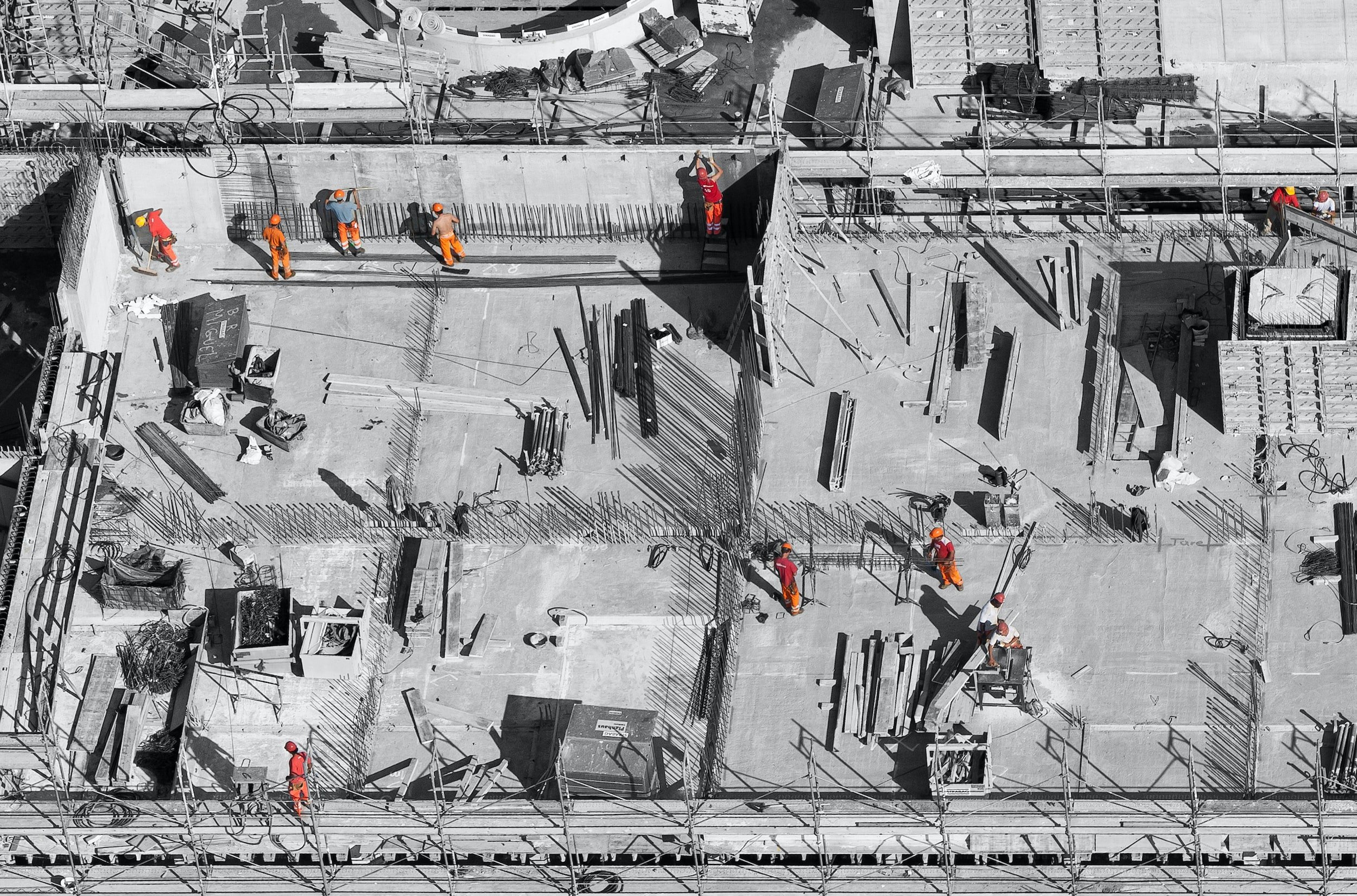The Power of SEO for Concrete Construction Companies: How to Dominate Local Search Results and Attract New Customers
A Comprehensive Guide to Search Engine Optimization for Your Business
As a concrete construction company, you know that having a strong online presence is crucial for attracting new customers and staying competitive in the industry. One powerful tool for achieving this is search engine optimization (SEO). SEO is the process of improving the ranking of your website on search engines like Google, making it easier for potential customers to find you when they need your services.
But why is SEO so important for concrete construction companies specifically? Here are five reasons why you should prioritize SEO for your business:
Local SEO: When someone searches for "concrete contractors near me," you want your business to be at the top of the list. Local SEO helps you show up in local search results, making it easier for customers in your area to find you. This is especially useful for small businesses that rely on a local customer base. In fact, studies have shown that consumers are more likely to choose a local business over a national chain, so optimizing your website for local SEO can give you a competitive advantage.
Increased website traffic: By optimizing your website for relevant keywords, you can attract more qualified visitors to your website. This means that the people who visit your site are more likely to be interested in your services and potentially convert into paying customers. By increasing the traffic to your website, you can also increase the chances of attracting new customers and growing your business.
Improved credibility: When your website ranks well on search engines, it demonstrates to potential customers that your business is reputable and reliable. This is especially important in the construction industry, where trust and professionalism are key considerations for customers. Having a high ranking on search engines can help establish your business as an authority in your field, which can lead to increased credibility and trust with potential customers.
Cost-effective marketing: SEO is a cost-effective marketing strategy compared to traditional advertising methods like print ads or television commercials. Once your website is optimized, the ongoing cost to maintain your ranking is relatively low, making it a smart investment for your business. In addition, SEO can help you reach a larger audience without the need for a big advertising budget. By targeting the right keywords, you can attract qualified visitors to your website who are actively searching for the services you offer.
Mobile-friendly website: With more and more people using mobile devices to search the internet, it's essential to have a mobile-friendly website. Google gives higher rankings to websites that are optimized for mobile, so making sure your website is easy to use on a smartphone or tablet can help improve your ranking in search results. In addition, a mobile-friendly website can improve the user experience for your visitors, making it more likely that they will stay on your site longer and potentially convert into customers.
So, how can you optimize your website for SEO? Here are a few simple strategies to get you started:
Use relevant keywords: Research and include keywords on your website that are relevant to your business and the services you offer. This helps search engines understand what your website is about and show it to the right people. When choosing keywords, be sure to consider the language that your target audience is likely to use when searching for your services. You can use tools like Google's Keyword Planner to help you identify the most relevant and popular keywords for your business.
Use header tags: Header tags (H1, H2, etc.) help search engines understand the structure of your content and make it easier for people to scan your website. By using header tags appropriately, you can help your website be more easily navigable and organized for both search engines and users.
Use alt tags: Alt tags are descriptions of images that appear when an image can't be displayed. Adding alt tags to your images helps search engines understand the content of your images and can improve your ranking. Alt tags are also helpful for users who are using screen readers or have images turned off in their browser, as they provide a description of the image for these users.
Use internal and external links: Linking to other relevant websites and pages on your own website can help improve your ranking and provide additional value to your visitors. Internal links help search engines understand the structure and hierarchy of your website, while external links can help demonstrate the credibility and authority of your business. However, be sure to only link to high-quality, reputable websites, as linking to low-quality or spammy websites can hurt your ranking.
Use a sitemap: A sitemap is a list of all the pages on your website that helps search engines crawl and index your website more efficiently. By creating and submitting a sitemap, you can make it easier for search engines to understand the content of your website and improve your ranking.
In addition to these strategies, there are many other techniques and best practices for SEO that can help improve your ranking and drive more traffic to your website. These can include optimizing your website's loading speed, using social media to promote your website, and regularly creating and publishing high-quality content.
By implementing these SEO best practices, you can take your concrete construction company to the next level and dominate local search results. Don't let your competitors get ahead – start optimizing your website and watch your business grow!







User experience (UX) is a crucial aspect of web design and digital interaction that can significantly impact the success of your business. A well-crafted UX can lead to higher user satisfaction, increased engagement, and improved conversion rates. But what exactly is UX, and why is it so important? Let’s explore the fundamentals of user experience and understand its significance in the digital landscape.